
Overweight or obesity between middle and later adulthood had a statistically significant risk for noncolorectal gastrointestinal cancer.
Erin Hunter is an assistant editor at Pharmacy Times®. She is a proud alumna of the University of Massachusetts. She graduated with degrees in Journalism, Art History, and Environmental Conservation.

Overweight or obesity between middle and later adulthood had a statistically significant risk for noncolorectal gastrointestinal cancer.

Research has shown these programs can increase the number of patients who can access targeted treatments.
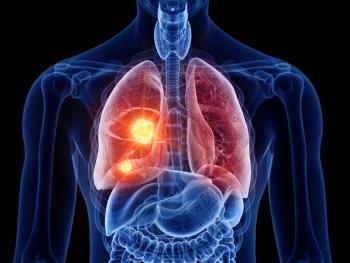
Weight loss that began as far as 2 years before a lung cancer diagnosis was associated with a risk of cancer.

Sexual minority populations disproportionately suffer from mental health conditions as well, which could partially impact cardiovascular health, a recent study indicates.
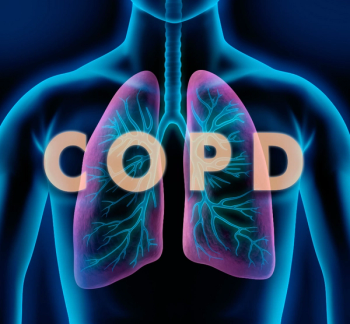
The treatment improved lung function at 12 weeks and quality of life at 4 weeks.

The protozoan intranasal treatment was associated with a strong increase of immune cells within the lung.

Reporting vaccination data to Immunization Information Systems databases can support public health surveillance activities.

The imaging agent and visualization system will be an adjunct to standard of care to reduce residual cancer in the lumpectomy cavity during initial surgery.
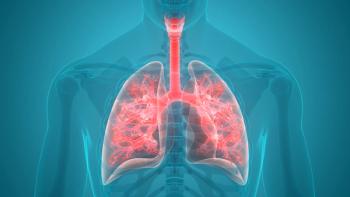
From 2017 to 2021, Australia did not experience a large increase in infections of serotype 19A across all ethnic and age groups, unlike New Zealand.

Long-term data show that early treatment with ofatumumab decreased confirmed disability worsening in nearly all study patients with relapsing multiple sclerosis.

Many patients with post-COVID-19 condition reported perceived cognitive deficits early during their COVID-19 infection as well.

Beremagene geperpavec completely closed severe blistering and wounds in more than half of all patients with dystrophic epidermolysis bullosa with specific mutations.

Targeted PrEP advertisements with different types of couples and sociodemographic characteristics were more eye-catching, motivating, relatable, and memorable.

At least 150 minutes per week of moderate intensity aerobic activity, or 75 minutes of vigorous intensity aerobic activity found to improve outcomes in patients with flu or pneumonia.
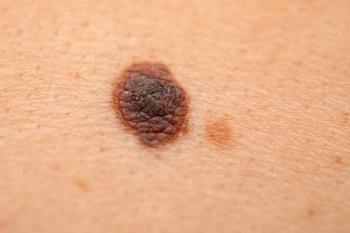
The panel corresponds to proteins that are abundant in treatment-resistant melanoma cells and may predict resistance to targeted treatment.

Experts have seen the value of technology in the clinical trial space because it helps to remove natural bias that can leads to inaccuracies in data collection.

Good practice for older adults is that calories should go down while nutrient intake goes up as they age.

Common chronic pain conditions included in the analysis were fibromyalgia, neuropathic pain, and musculoskeletal pain.
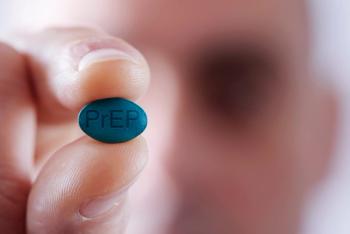
Preexposure prophylaxis use for HIV continues to be lower than desired in some populations.

Health care professionals should educate patients that it is possible to effectively manage pain without opioids.

Skinvive by Juvéderm is a first of its kind medication to create skin smoothness that lasts 6 months with optimal treatment.

Teva is unable to meet demand for dextroamphetamine/amphetamine, and other companies struggle to keep up.
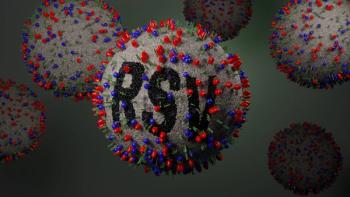
Hospitalization costs from respiratory syncytial virus infection are driven by older age and comorbidities.

Diagnosing risk of frailty in patients hospitalized with heart failure is a safe and effective means of improving patient management.
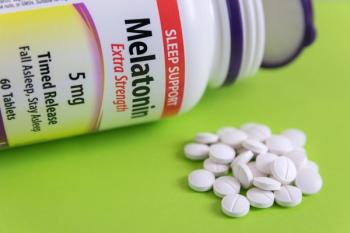
The sleep hormone decreased intestinal homeostasis, which may augment inflammation that causes tissue and intestinal damage.
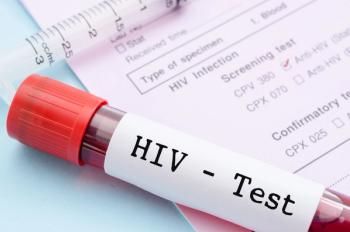
Patients with HIV were no less likely to show a worse clinical presentation following tecovirimat treatment.

Brexpiprazole was associated with a statistically and clinically meaningful improvement in agitative behaviors caused by dementia compared to placebo.

Atogepant reduced mean monthly migraine days by more than 2 days compared to placebo in the ELEVATE trial.

Closely monitored, decentralized trials have also been shown to improve electronic patient reported outcomes to 92% compliance, according to ObvioHealth.

A daily low-dose form of vitamin D3 was more effective on cancer mortality than intake of a monthly high-dose form, especially for adults aged 70 years and older.